With aging, mobility becomes important to support independence and health in general. Mobility, or the ability to move around and perform daily functions, can be lost due to loss of muscle strength, stiffness in the joints, and balance.
These may make people susceptible to falls, making it more challenging to do daily activities. But with suitable lifestyle habits, older people are able to retain their mobility, reduce health threats, and enjoy a good quality of life.
Table Of Content
Mobility matters in the promotion of independence. Older adults who lose mobility will experience difficulties with daily living such as bathing, dressing, and cooking. They are also more likely to experience chronic disease, hospitalization, and poorer mental health. Reduced mobility can lead to social isolation, where there is reduced participation in valued activities and engagement with family and friends.
By taking proactive steps, older people can stay mobile with confidence, stay active socially, and stay healthy in the future.
Factors That Affect Mobility in Aging
Muscle Health
Sarcopenia or loss of muscle mass with age can begin as early as 30 and grow stronger after the age of 50. Muscle strength is very essential for standing, walking, and performing daily functions. Physical inactivity, inadequate diet, and diseases can accelerate muscle loss. A proper diet that includes enough protein and strength training exercises on a regular basis can preserve muscle mass and provide mobility.
Bone Health
Bone density also decreases with age, increasing the risk of fractures, especially in weight-bearing joints such as the hips and knees. Osteoporosis, a disease of brittle and weakened bones, can also make falls more dangerous. Weight-bearing exercises, calcium, and vitamin D are important to maintain strong bones and reduce fracture risks.
Joint Health
Flexile joints enable easy, painless movement. Stiffness and pain in the joints are caused by arthritis or aging and can limit movement. Regular movement, stretching, and low-impact activity like swimming and yoga can maintain the joints’ flexibility and functioning. Maintaining a regular weight also removes unnecessary stress from weight-bearing joints.
How to Enhance Mobility and Independence in Aging
1. Promote Physical Activity
Regular physical activity is the best method to aid aging normally. Encourage the following among older adults:
- Strength Training: Assists in adding strength to muscles and improving balance to reduce risks of falling.
- Aerobic Exercises: Fast walking, swimming, or biking could improve cardiovascular functioning and endurance.
- Flexibility & Balance Training: Doing exercises of tai chi, yoga, or even simple stretches helps maintain speed and reduce falling risk.
2. Encourage Healthy Eating
A well-balanced diet maintains bone and muscle strength, and reduces the risk of mobility impairment. Foods rich in nutrients that benefit aging adults include:
- Protein: Lean meats, fish, eggs, beans, and dairy products maintain muscle.
- Calcium & Vitamin D: Dairy, leafy greens, and fortified foods strengthen bones.
- Anti-inflammatory Foods: Nuts, seeds, berries, and fatty fish can help reduce joint pain and inflammation.
3. Prevent Falls & Injuries
Falling is a frequent condition in old people, leading to serious harm. To minimize hazards:
- Remove tripping items indoors (loose rugs, messy areas).
- Install grab bars within bathrooms and railings along stairs for additional support.
- Use adequate footwear with good grip and ankle stability.
- Encourage exercises that restore coordination and balance.
4. Regular Health Check-ups
Regular routine check-ups detect difficulties early and prevent complications. Encourage the elderly to:
- Get regular mobility tests at their physician.
- Screen bone density and monitor risk for osteoporosis.
- Treat chronic disease conditions like arthritis, diabetes, or cardiovascular disease.
- See a physiotherapist to have personalized exercises for mobility and rehabilitation.
Supporting Aging Adults Towards a Healthier Future
Aging does not have to mean loss of mobility or independence. Through an emphasis on physical activity, healthy eating, and regular health check-ups, older adults can be mobile with confidence and live life to the fullest. Encouraging these healthy habits not only benefits the aging population but also enhances family well-being, reducing the need for long-term caregiving.
Should mobility problems occur, professional advice from health workers, like physiotherapists, may provide advice about retaining strength, flexibility, and function. Maintaining mobility into older age ensures that older persons continue to engage in what brings them pleasure and as long as they can sustain themselves independently.

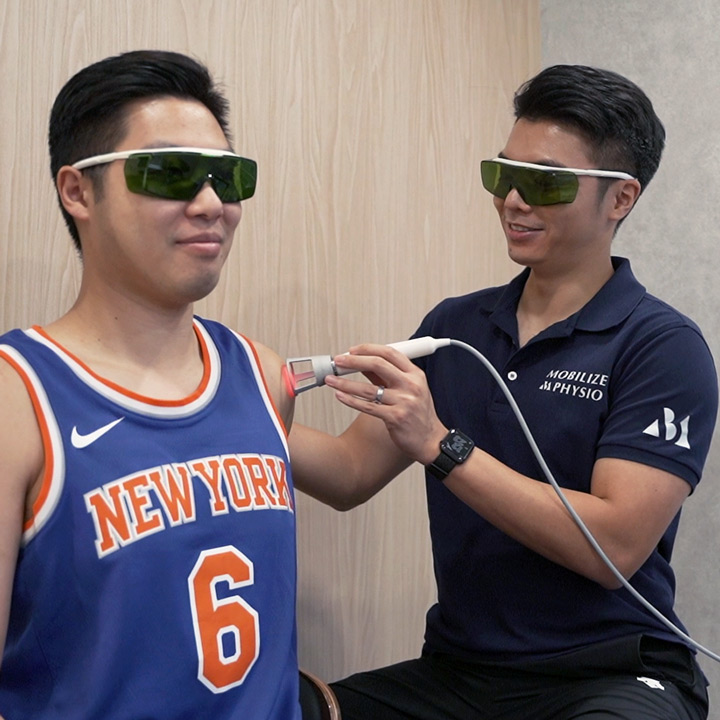
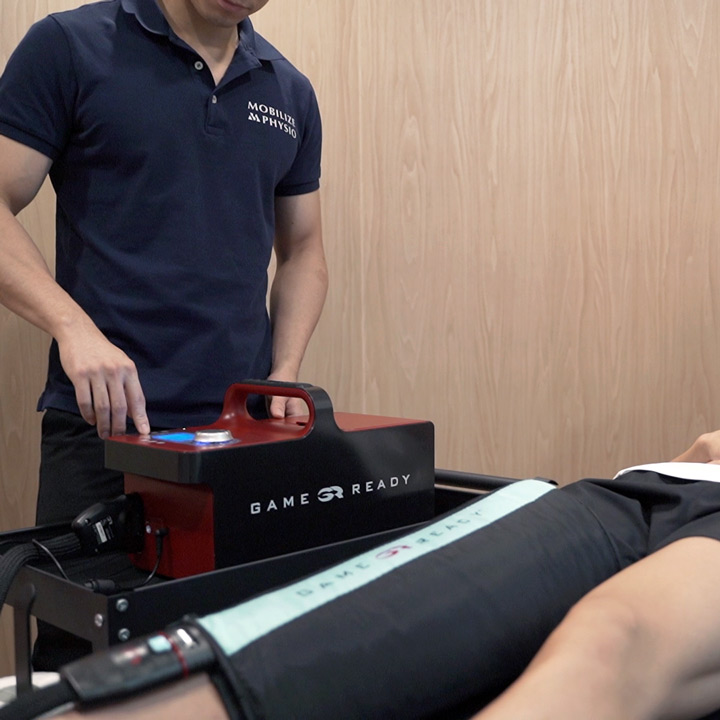
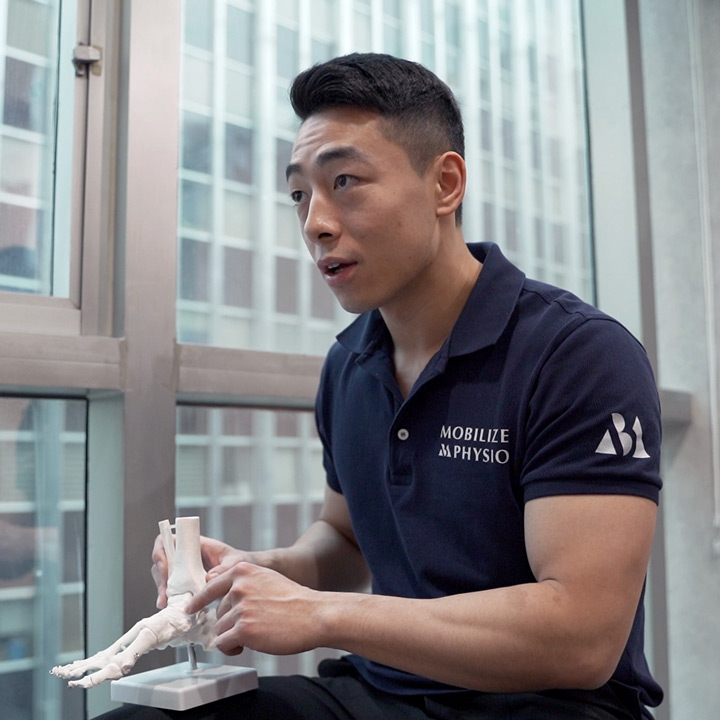
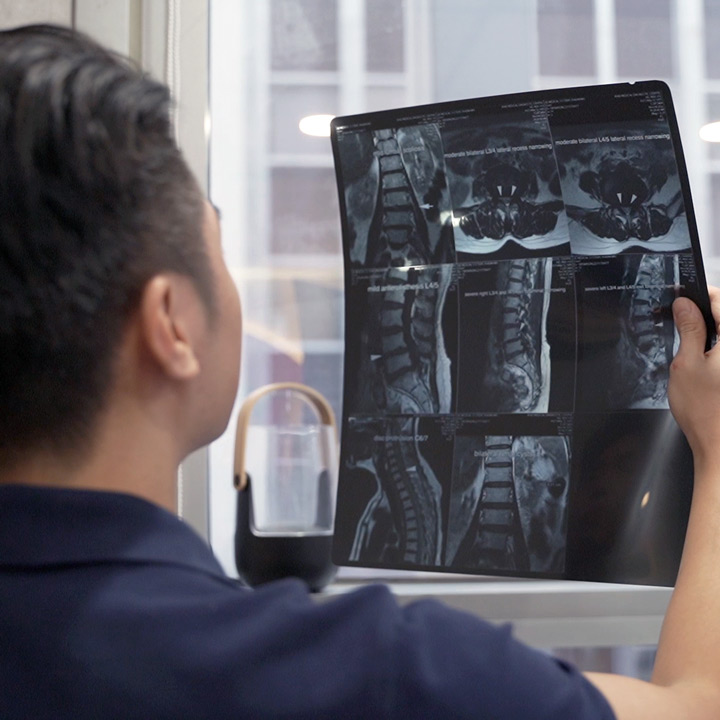
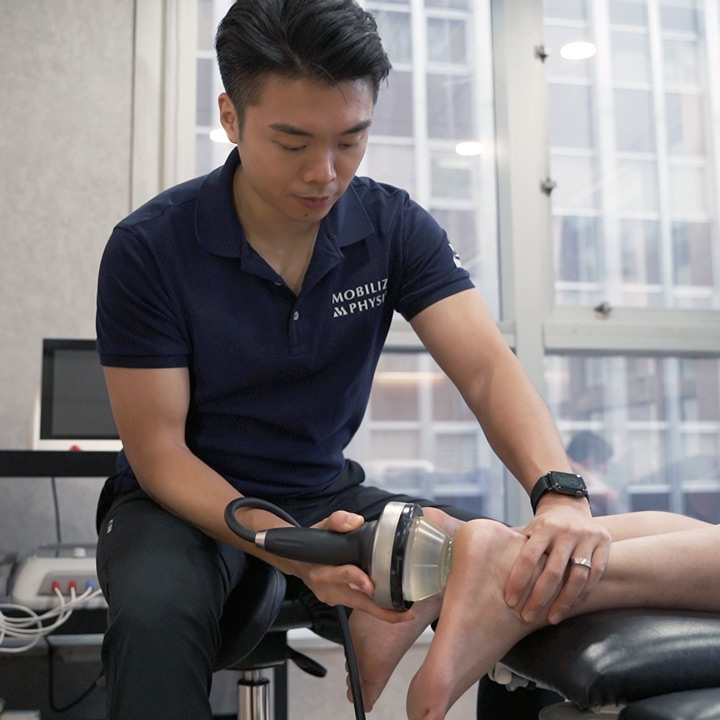
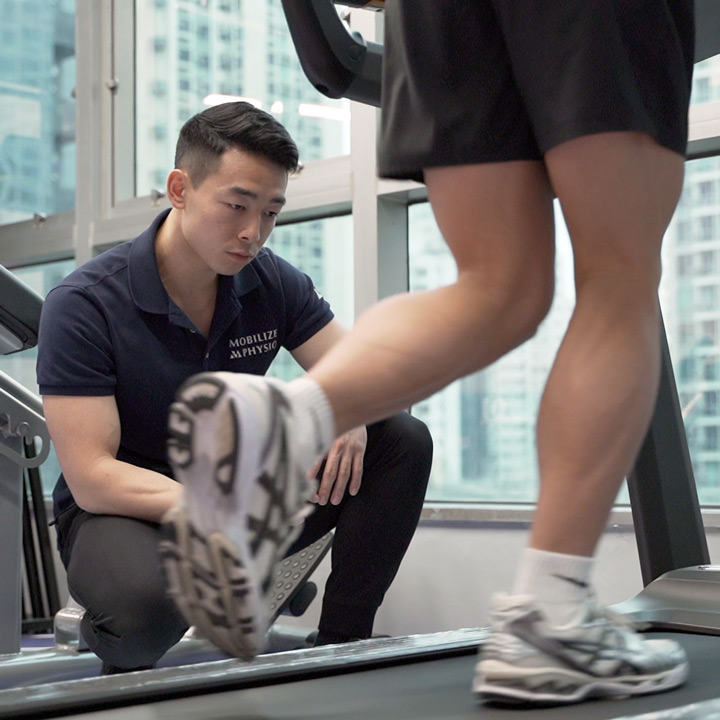
Physiotherapy Service
Mobilize Physio is a physiotherapy center located in Hong Kong. Our team of professional physiotherapists provides high-quality, evidence-based pain treatment. Our services include sports injury treatment, pain management, post-surgery rehabilitation, and posture and body alignment correction.
Every patient is unique, and we believe that every treatment plan should be customized accordingly. Therefore, we focus on one-on-one service to ensure that each patient receives personalized attention and specialized care. Contact us today to learn more about our physiotherapy services.
Latest Blog Posts
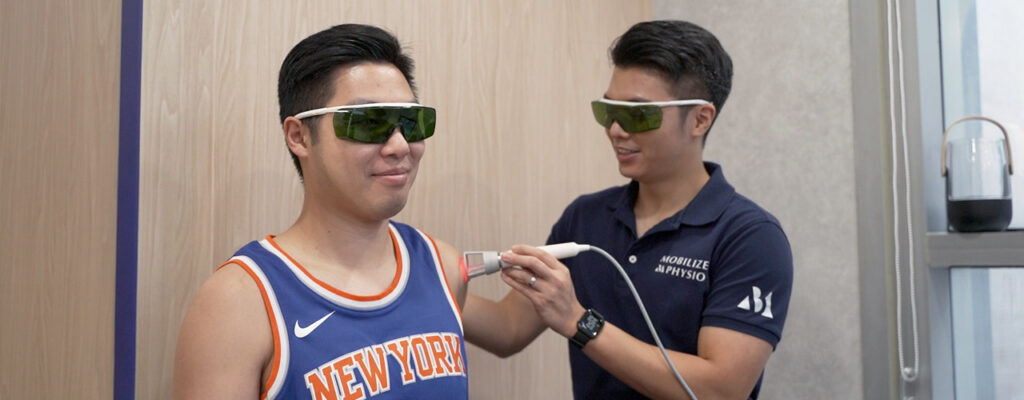
Why Pre and Post-Operative Physiotherapy is Essential for Recovery?
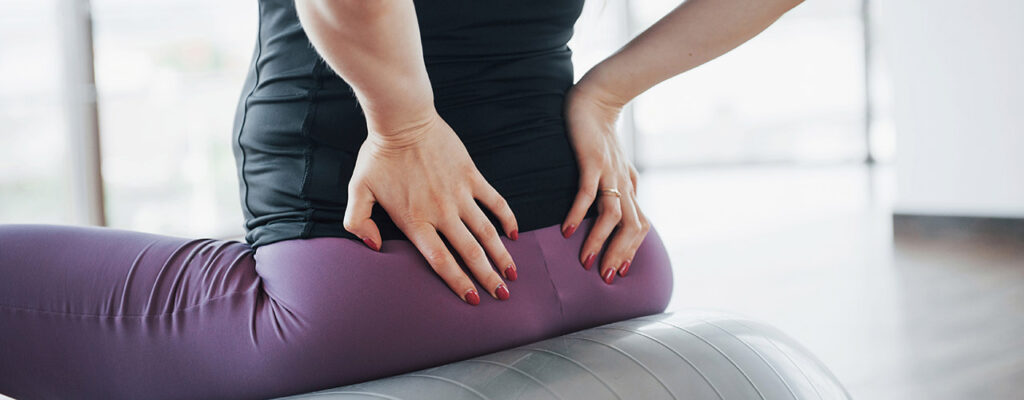
Tips to Reduce Hip Joint Pain and Stiffness
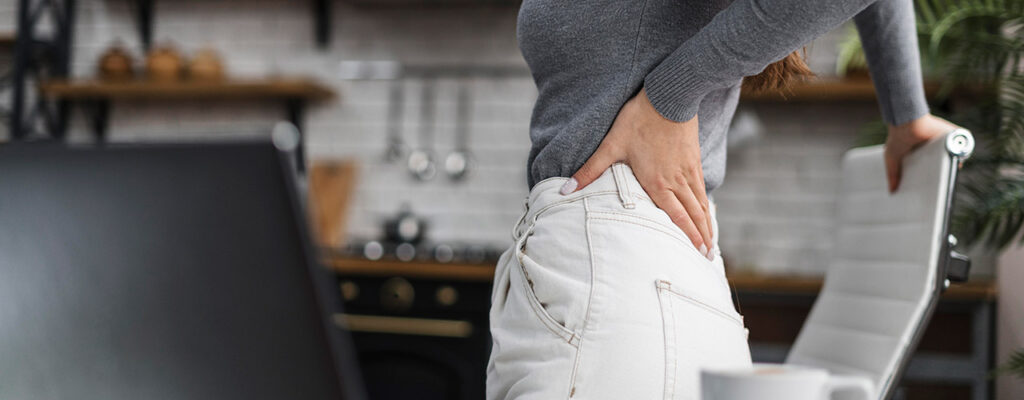
Pain in the Butt: Why It’s Probably Not Piriformis Syndrome
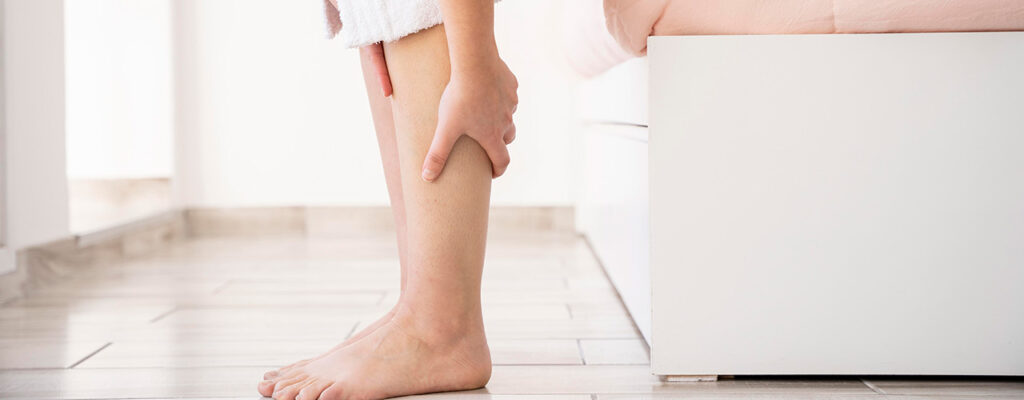
Standing All Day at Work? 7 Tips to Reduce Your Risk of Varicose Veins

Mobility Enhancement for Older Adults: The Key to Healthy Aging

Traditional Acupuncture vs. Dry Needling: What’s the Difference?

